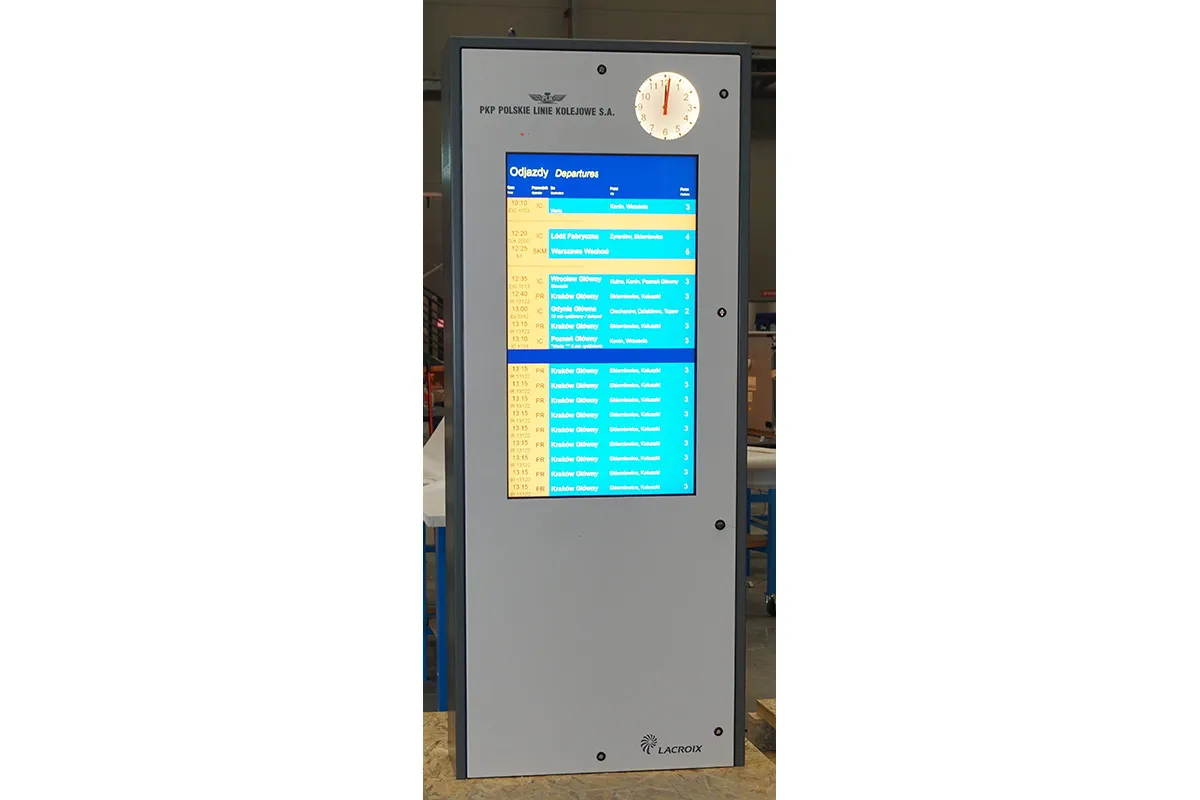The International Association of Public Transport (UITP) has reached a new official position on ‘Combined Mobility’. The document shows how traditional public transport can overcome some of its shortcomings and offer high flexibility and convenience so as to meet mobility demand of modern fellow citizens: by building up the so-called ‘sustainable mobility alliance’ with car-sharing, cycling and taxis, public transport is able to offer a full mobility portfolio and compete with the private car in terms of co
April 19, 2012
Read time: 2 mins
The 3833 International Association of Public Transport (UITP) has reached a new official position on ‘Combined Mobility’. The document shows how traditional public transport can overcome some of its shortcomings and offer high flexibility and convenience so as to meet mobility demand of modern fellow citizens: by building up the so-called ‘sustainable mobility alliance’ with car-sharing, cycling and taxis, public transport is able to offer a full mobility portfolio and compete with the private car in terms of convenience and cost-structure.
Increasing urban sprawl problems, congestion and lack of space are leading cities to a decline in quality of life while mobility demand rises. Hence, the primary objective of cities in terms of mobility and space allocation is to reduce car use and encourage the use of public transport and other emerging or well-established alternative modes.
The Combined Mobility Platform of UITP has put forward some recommendations for a successful collaboration between public transport and so-called Combined Mobility services – car-sharing, car-pooling, bike-sharing, shared taxis, car-pooling etc – in its focus paper “Becoming a real mobility provider”.
The document illustrates the economical and ecological benefits of the different combined mobility services when they are in synergy with an efficient public transport system – the backbone of every mobility policy.
Increasing urban sprawl problems, congestion and lack of space are leading cities to a decline in quality of life while mobility demand rises. Hence, the primary objective of cities in terms of mobility and space allocation is to reduce car use and encourage the use of public transport and other emerging or well-established alternative modes.
The Combined Mobility Platform of UITP has put forward some recommendations for a successful collaboration between public transport and so-called Combined Mobility services – car-sharing, car-pooling, bike-sharing, shared taxis, car-pooling etc – in its focus paper “Becoming a real mobility provider”.
The document illustrates the economical and ecological benefits of the different combined mobility services when they are in synergy with an efficient public transport system – the backbone of every mobility policy.









